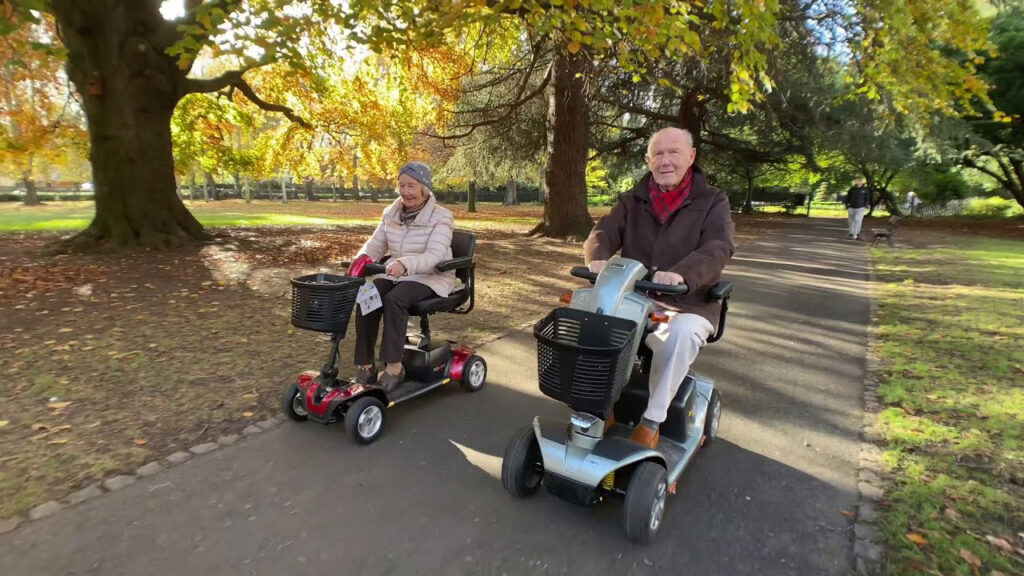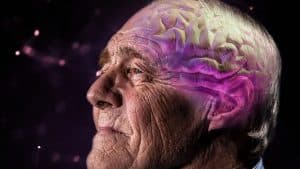We creak a bit sometimes, especially as we grow older. Bones and muscles become stiff, and it can be easier just to stay at home rather than making a sometimes painful effort to go out. But that’s the wrong attitude. It leads to isolation, which can be the worst thing for your mental health.
Luckily, there is equipment designed so that those with poor mobility don’t have to be stuck indoors. You can still be given the opportunity to go out with friends and family and take part in activities. You can experience the benefits of being out in the fresh air and sunlight. When your mood lifts, that’s better for your overall wellbeing.
It may be something as simple as a walking stick. You might be embarrassed to have a visible sign that you need help, but why should you be? Lots of people experience mobility problems, and isn’t it better to be outside with a mobility aid than stuck indoors with nothing else to do? Making the effort to walk sometimes, even if it’s only for short periods, will also make you physically stronger.
If you need more help with your balance, a walker or walking frame may be helpful. The top is around waist high, allowing you to hold it with a slight bend in your arms. There are four legs for maximum stability. Sometimes these legs are flat footed, and other times there may be wheels or gliders to allow you to slide the frame rather than having to lift it.
Rollators are a more complex variation on the walker. They have wheels and a seat, giving you the opportunity to rest whenever you are tired. There is often a shopping basket or other storage space attached for your convenience. They also tend to be more maneuverable.
More technological mobility aids can include scooters and wheelchairs. You can’t take them everywhere, which is unfortunate, but they do give you power over your movements. They may also have space to hang your bags or store anything you buy in the shops. Just remember to check ahead whether your destination will be accessible.
Sometimes the biggest hindrance to mobility is our own reluctance to accept the many devices that can help us. If we do, we could soon see an improvement in our mental health as well as physical fitness.




